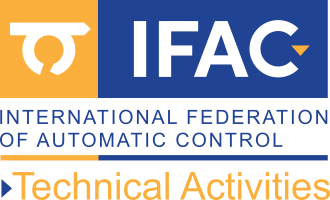Scope
|
Develop novel methods for solving control design problems, based on the classical ones like stabilization, tracking and regulation, disturbance attenuation and decoupling problems, but including a variety of additional requirements (robustness or adaptation capabilities, decentralized structure, fault detection and isolation) and for different classes of systems (linear/nonlinear, hybrid, event driven). Develop stable numerical tools for the implementation of control algorithms and new methods for model validation. Explore further widely studied paradigms like AI-based and data-based control, or several kind of observer-based methods for states' and parameters’ estimation. Provide guidelines for applications of such methods, as well as an objective analysis of their strengths and weaknesses. Assess and compare design methods on benchmark academic examples, on typical industrial systems and also on new areas of application (e.g., Smart Grids/Cities, Innovative Robotic Solutions, Logistics and Transport, System Biology and Neuroscience, Healthcare).
|

